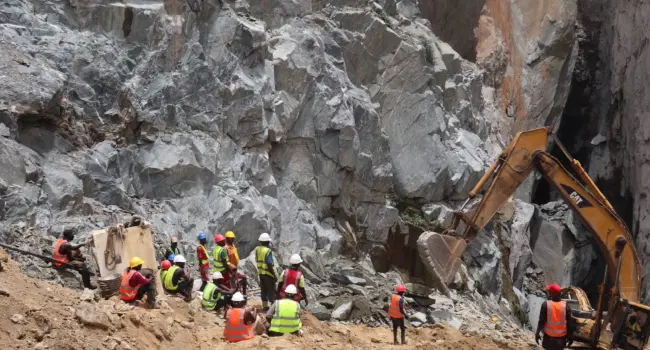Nigeria’s rivers, roads, and mines have become increasingly perilous, with rising fatalities across these sectors. Recent boat accidents in Zamfara State, claiming sixty-four lives, and an earlier incident in Bayelsa State, which resulted in over twenty deaths, highlight the severe safety issues. The root causes include weak safety standards, inadequate regulations, and the failure of government and stakeholders to act swiftly.
SYSTEMIC ISSUES AND COMPLACENCY
The frequent boat accidents in Nigeria’s waterways, alongside fatalities from tanker explosions, road crashes, and mining disasters, reflect systemic safety failures. The recent collapse in Niger State, killing over twenty miners, and a tanker explosion that claimed fifty-nine lives underscore the urgent need for effective safety measures. Despite these tragedies, responses have been slow, focusing on short-term relief rather than addressing underlying causes.
LEARNING FROM GLOBAL BEST PRACTICES
Countries like Bangladesh, India, and the Philippines offer valuable lessons. Bangladesh, grappling with overcrowded ferries, implemented strict regulations, including passenger limits and mandatory safety equipment. This led to a significant reduction in boat-related deaths. India’s Motor Vehicle Act (Amendment) of 2019 introduced stringent penalties and improved emergency response systems, reducing road fatalities and enhancing disaster response.Nigeria must transition from reactive measures to comprehensive, long-term solutions. By adopting global best practices and ensuring cooperation among all stakeholders, Nigeria can prevent further tragedies and safeguard its citizens. Immediate action on safety standards, infrastructure, and public awareness is essential for building a safer future.

